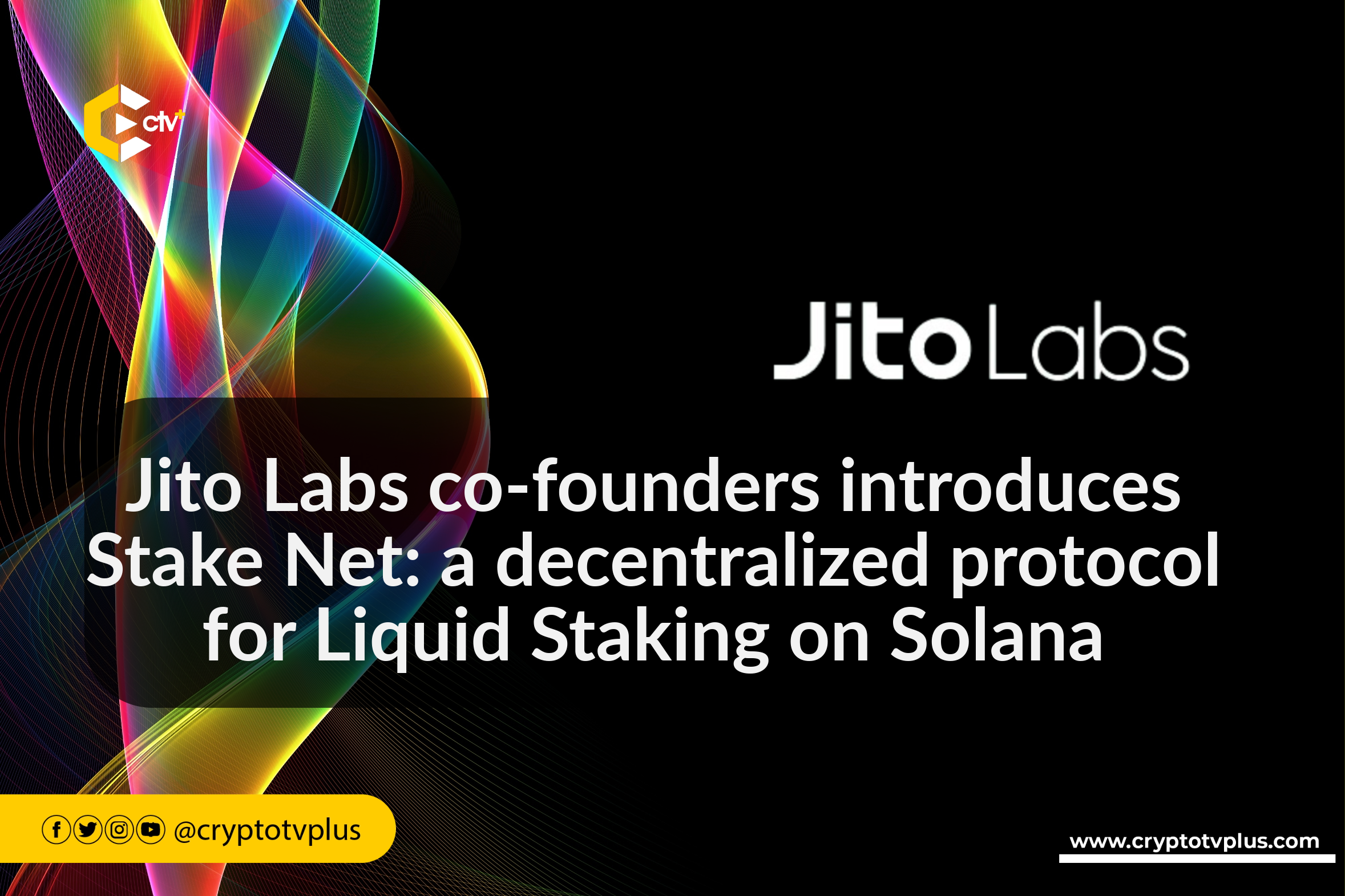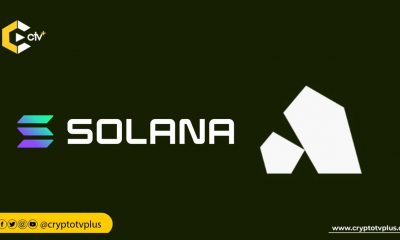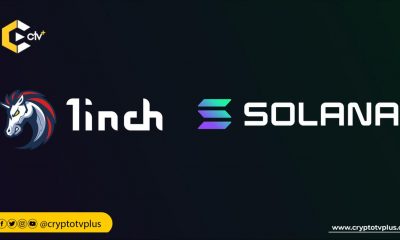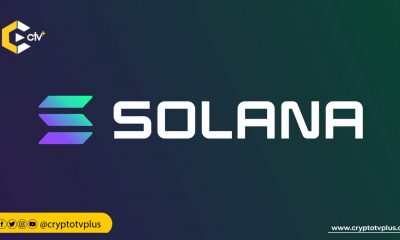FEATURED
Jito Labs co-founders introduces Stake Net: a decentralized protocol for Liquid Staking on Solana

Lucas Bruder, the co-founder and CEO of Jito Labs, alongside Zano Shermani, the CTO of Jito Labs, recently introduced a groundbreaking protocol called Stake Net.
This protocol aims to tackle the challenges faced by current liquid staking tokens on Solana, offering a unique and sustainable approach.
The announcement took place at Breakpoint 2023, where Lucas discussed how Jito Labs, a company established in mid-2021, focused on efficient Maximum Extractable Value (MEV) extraction on Solana.
This focus arose due to issues with spam from arbitrages and failed trades on the network. As a result, Jeto Salana, an MEV-enabled fork of the Solana official client, was developed.
Presently, Jeto Salana operates on 192 validators, safeguarding approximately $6 billion worth of Solana at the current price.
Furthermore, Jito Labs actively contributes to the development of Jito Network and Jito Stake Net, which are innovative protocols for decentralized liquid staking tokens.
Why Jito Stake Net
Lucas went further to talk about the challenges faced by liquid staking tokens on Solana, particularly the centralization and high-cost issues associated with stake pools.
This has made Lio, a liquid staking protocol on Ethereum, sunset its staking product on Solana due to high development costs.
The reliance on a centralized admin with a hot wallet and potential risks associated with leaks or jurisdictional pressures have raised significant concerns about Solana.
Furthermore, Zano delved into the concept of liquid staking, highlighting the inefficiencies of traditional staking, which locks up assets and limits their use across DeFi.
To solve this problem, he noted that Jito Labs launched Jito Sol, a liquid staking token, as a solution to enhance capital efficiency while maintaining high yields.
How Stake Net solves the problems
He described Stake Net as a self-sustaining and decentralized protocol for intelligent stake pools on Solana.
The protocol is designed to ensure the longevity of Jito Sol without the risks associated with centralized administration.
Stake Net addresses key issues with current stake pools by providing open-source code, ensuring transparency and auditability.
It also incorporates a decentralized system with a network of Keepers running globally, along with on-chain intelligence. This unique feature allows the entire stake pool state machine to run on-chain, enhancing transparency.
In addition, Stake Net offers customizable scoring and delegation logic on-chain, allowing for flexibility. It also provides a trustless validator performance history, where validators’ performance records are stored securely and transparently on-chain.
Future roadmap
Lucas finally outlined the next steps for Stake Net, including security audits, transitioning the Stake Net programs to mainnet, and eventually moving Jito Sol to the Stake Net pool for eternal operation.
The duo expressed excitement about the potential for community contributions and collaboration with other stake pools and projects.
Read also; How Squad Protocol makes account abstraction easier on Solana























1 Comment